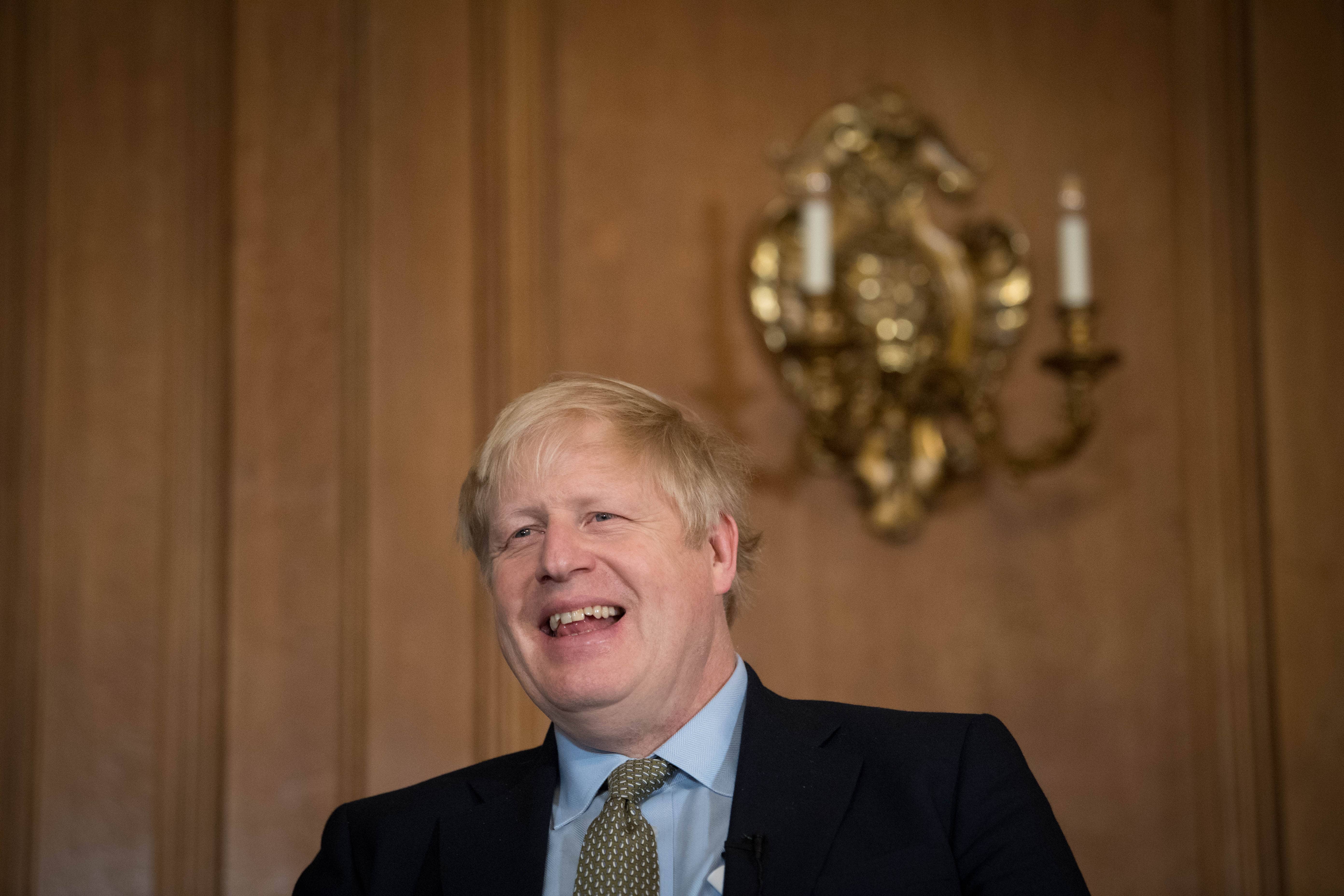Leona Helmsley died 14 years ago so it is surprising to find her setting fiscal policy for the UK Government. When the New York real estate billionaire, dubbed the ‘Queen of Mean’, was on trial for tax evasion in 1989, her housekeeper testified that Helmsley had told her ‘only the little people pay taxes’.
This government, lacking any discernible philosophy of its own, appears to have adopted Helmsleyism, for it too believes it is the little people who should bear the tax burden. Indeed Helmsley, who commissioned upgrades to her $11m mansion then tried to leave the contractors with the bill, would probably admire the sheer chutzpah of what No. 10 is proposing.
Putting up National Insurance, a tax paid by younger people, to meet the care of retirees represents a redistribution of wealth from the asset-poor to the asset-rich. In order to ensure that home-owning baby boomers do not have to sell their property to finance their care, millennials and zoomers – who may never be home-owners – will instead be taxed more heavily on their earnings. The Prime Minister is the reverse Robin Hood of the gerontocracy, robbing from the poor to give to the Golden Girls.
Typically, this conversation goes round in circles. Boomers, while scolding millennials as entitled, see nothing entitled in having acquired property at rock-bottom prices, organised politically to protect the value of that property, inflated that value by resisting housing development, refused to pay even modestly higher taxes, and now expect the generations who have not enjoyed the same advantages — in some cases because boomers actively dismantled them — to foot the bill for their old age.
If that sounds harsh, the statistics are harsher. The average first-home price paid by boomers was between £115,000 and £144,000, while the equivalent output for millennials was between £237,000 and £248,000. Millennials are 50 per cent less likely than boomer to be owners by the time they reach 30 and while in the 1980s it took three years to accumulate enough for a deposit, it now takes 19.
This kind of analysis usually provokes the cry from boomers that they have ‘worked all their lives’ and ‘paid into the system’, as though government finances were a Christmas club where you get out what you put in. Talk of paying into the system is a welfarist fallacy comparable to Thatcher-era monetarist rhetoric which described Treasury revenues and expenditure in terms of household budgeting.
There is a doctoral dissertation to be written on the damage done by political metaphors. There is also the objection that not all retirees are home-owners with private pensions and savings. That is true. In fact, that is the point. The issue is not with young, modestly-paid people being asked to finance the care of the elderly poor but with them being forced to lay out for the care of those with wealth and assets.
That covers the boomers’ portion of the blame but my generation has its own share of soul-searching to do. One of the reasons boomers could afford to buy young was the pooling of income through marriage. Whereas in 1978 the average marriage age for men was 29 and for women 27, by 2018 that had risen to 38 and 36 respectively.
We have also put too much stock in university education and degraded the value of degrees along the way. While it was boomer Tony Blair who introduced the 50 per cent target for young people going to university, too many millennials and zoomers have used higher education as an expensive finishing school in their journey to adulthood, with degrees sought in disciplines that provide minimal marketable skills.
Moreover, young workers can’t rebuke boomers for being entitled then neglect the fact that the very National Insurance payers being asked to stump up to pay for NHS pandemic spending were the ones who benefited from the job retention scheme.
But the crux of the problem is the entrenched wealth and political power of a particular generational class, the impact that has on public policy and how we confront the social care crisis in light of that. As the Prime Minister made clear in his Commons statement, he thinks the little people should pay more in tax.
The truth is that if we want a care system that addresses older people’s needs while ensuring they have a quality service and personal dignity, everyone will have to pay more in tax. There is no magic money tree, as the right is fond of reminding us, and if the idea of those with assets having to use them to fund their own care fundamentally offends us, then the cash will have to come out of general taxation. However, making National Insurance the vehicle for generating this revenue is socially regressive and morally iniquitous. It afflicts the afflicted and comforts the comfortable.
There is not only a policy failing but a moral failing in proceeding with a measure so manifestly unjust it could only come from a government with perfect contempt for millions of people across this country. Admittedly, these are people who generally don’t vote Conservative or don’t vote at all so any immediate consequences will be limited.
But what the Prime Minister has done is take a generation that is worse off than its parents and shake it down to pay for the retirement of its grandparents. Those are hardly the circumstances in which new Tory voters are created, though he will be long gone by the time his party faces a reckoning for the choice he has made.
While sound-biting endlessly about building back and levelling up, Boris Johnson has shown his priority is keeping people in their place. Leona Helmsley is dead and working in Downing Street.








Comments